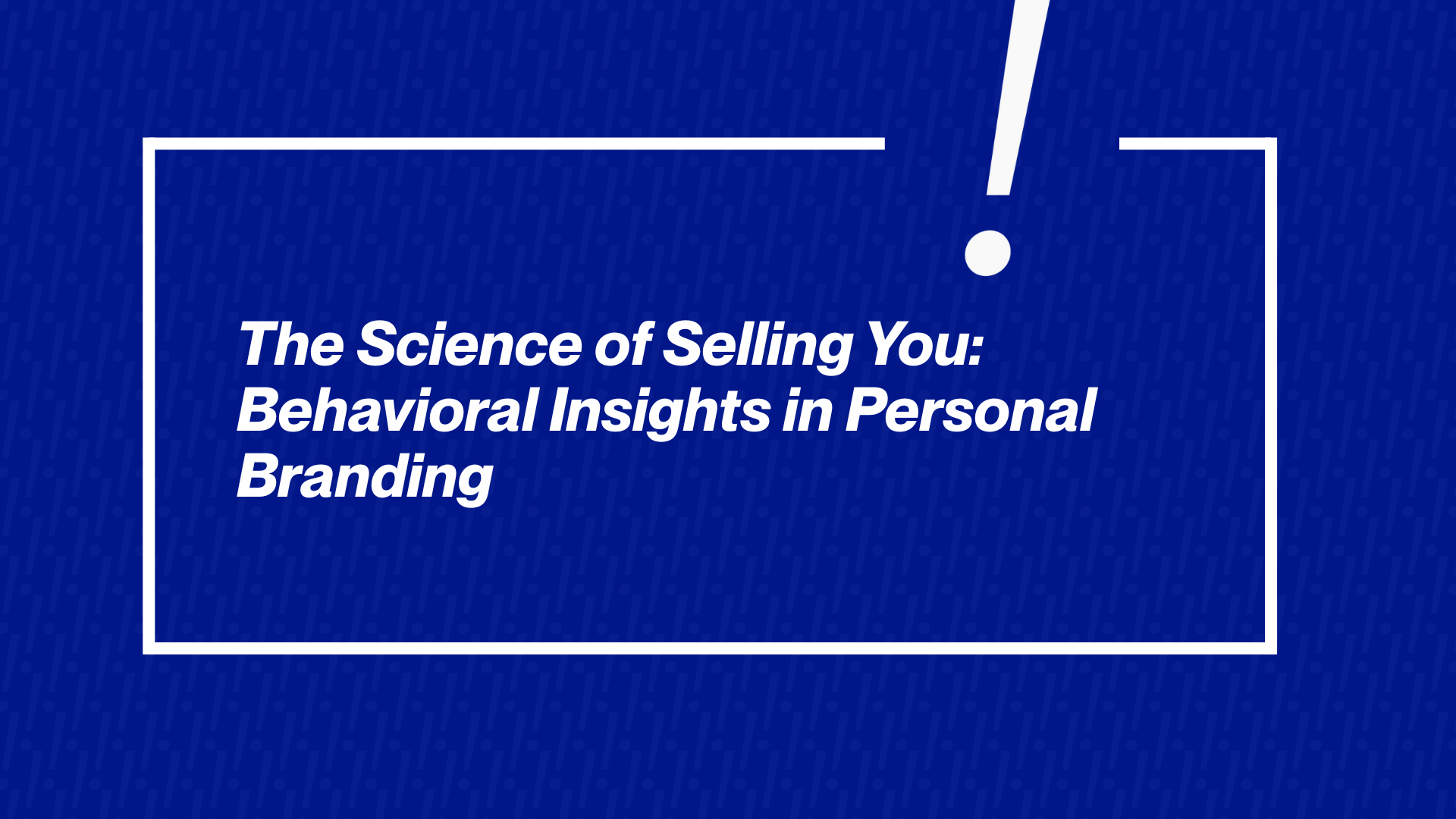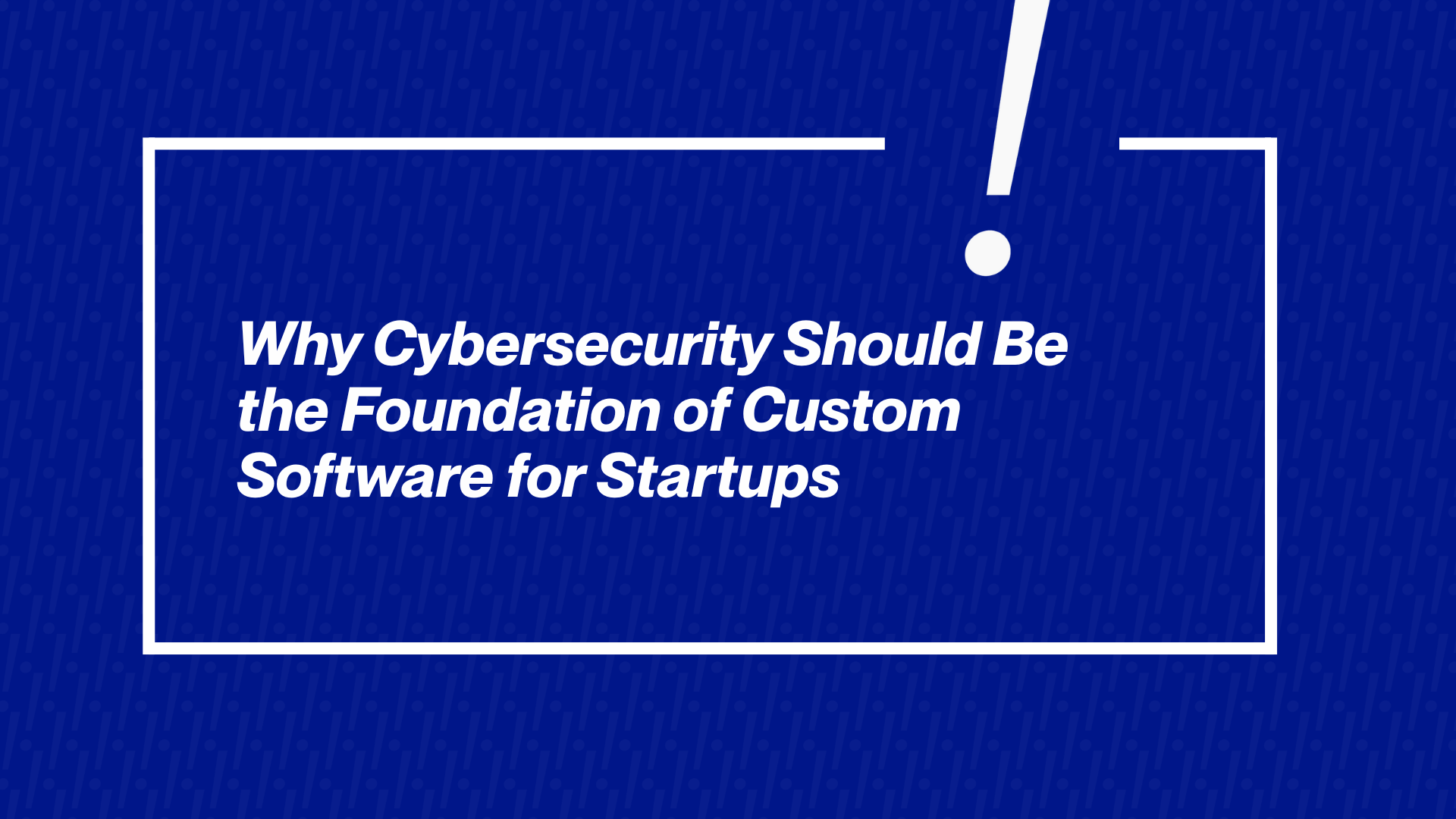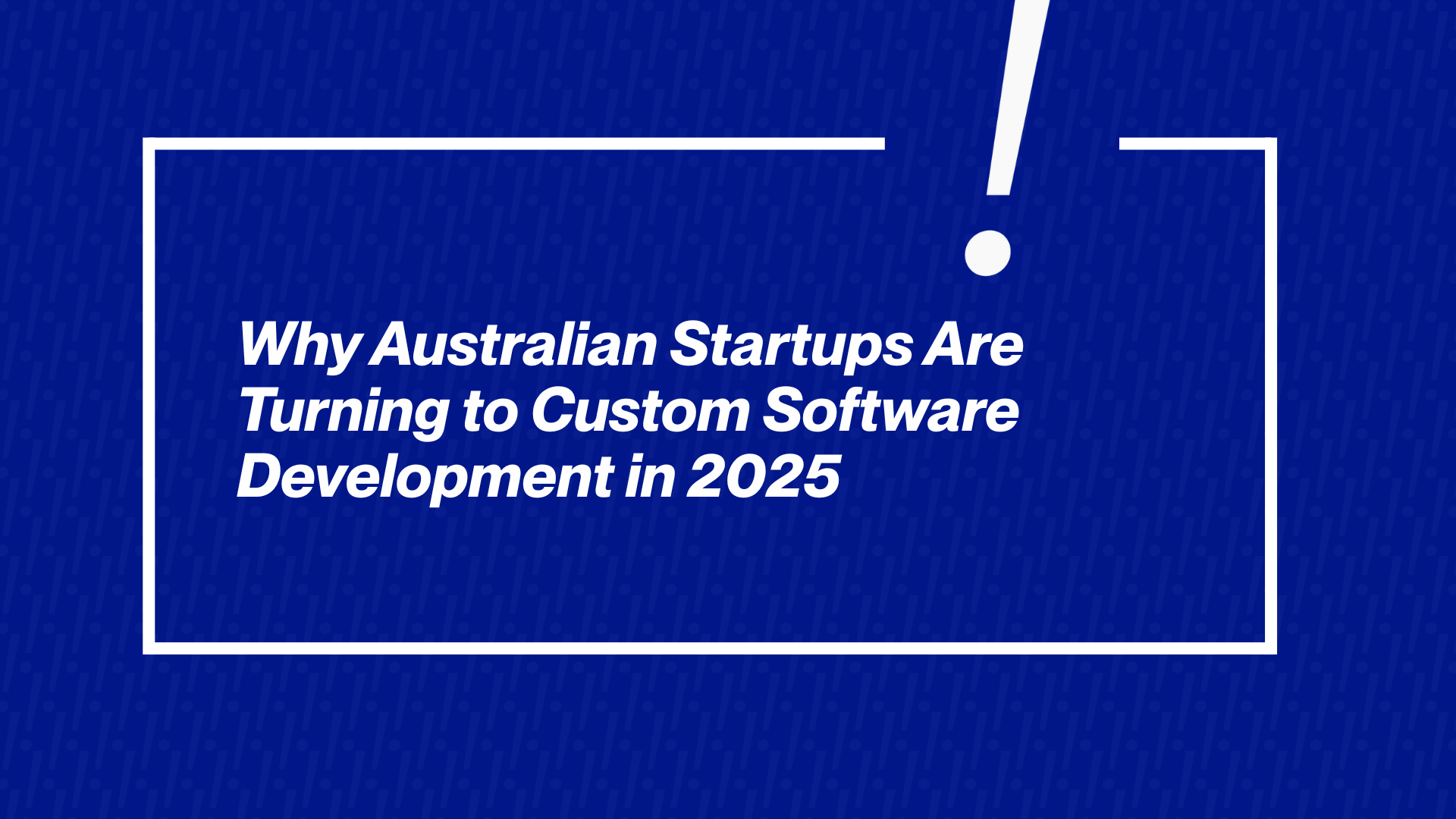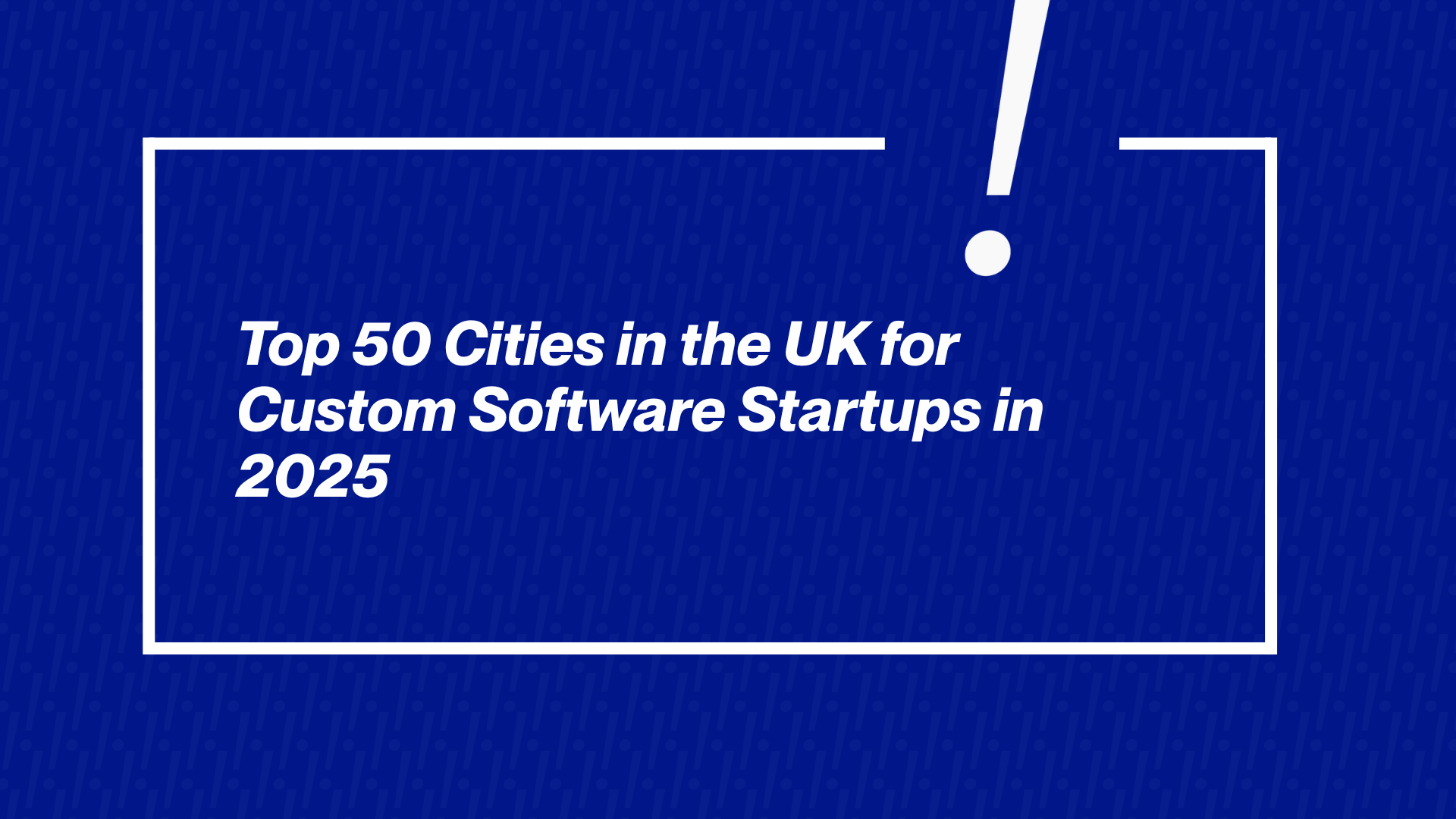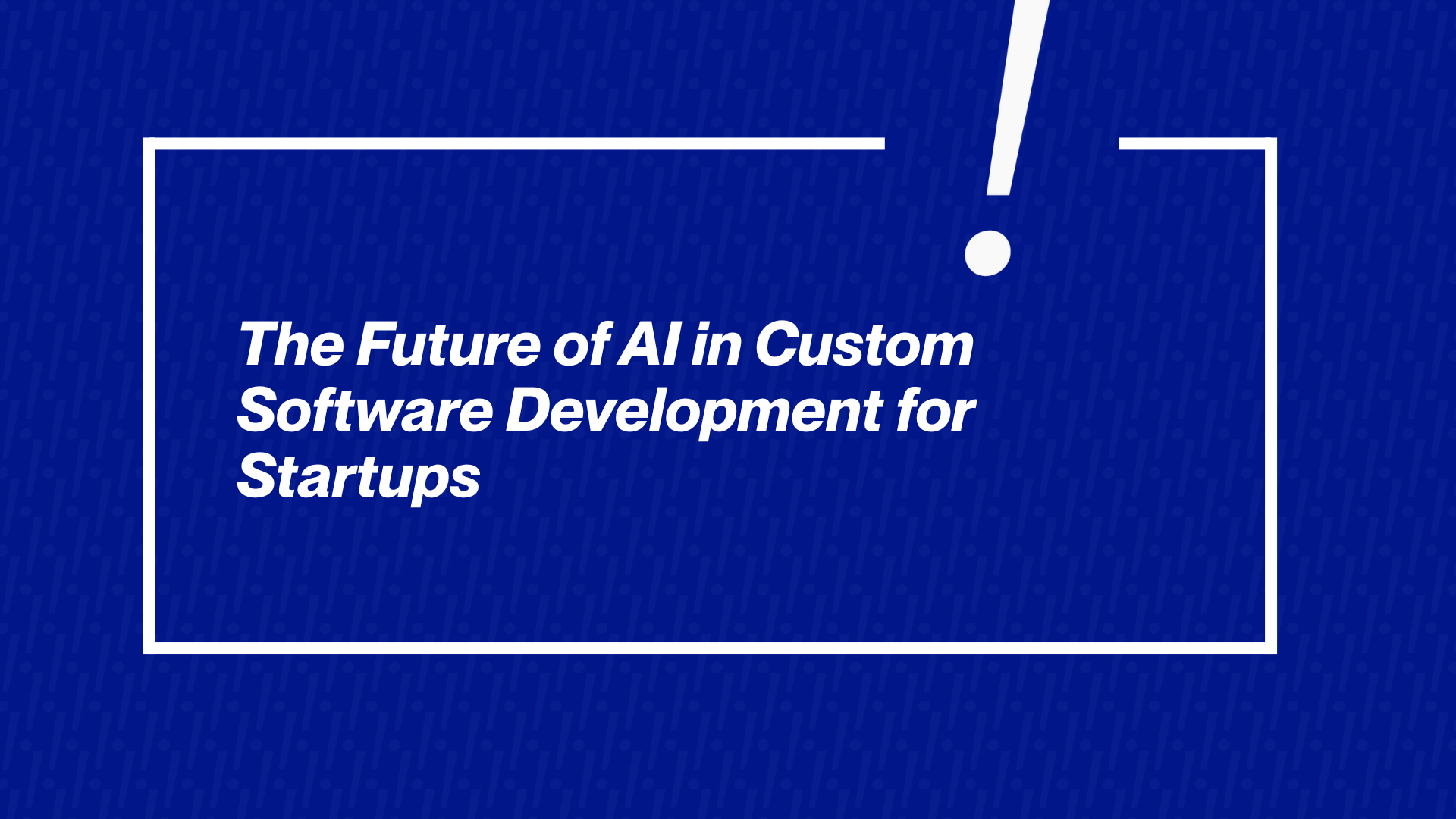In the carefully crafted galleries of LinkedIn streams and busy marketplaces of online attention, there is a silent revolution taking place. The science of personal branding is being systematically taken apart, explored, and reassembled through the potent insights of behavioral science. We have transcended the age of general counsel regarding “posting regularly” and “being authentic” to a new era in which we can recognize, with scientific accuracy, why some personal brands fascinate and convert and why others blend into the background noise. This is about designing your professional identity to appeal to the deepest programming of the human brain. For the entrepreneur hoping to secure an investment, the high-end freelancer commanding top dollar, the student who secures a dream job, or the influencer who creates a devoted following, knowledge of these psychological principles is the ultimate competitive edge. Your personal brand is no longer simply a narrative; it is a psychological trigger, and its success relies on how well it elicits the appropriate cognitive and emotional reactions.
I am Bhavik Sarkhedi, founder of the personal branding agency Ohh My Brand, and I am joined by Sahil Gandhi, the Brand Professor of the Webflow agency Blushush. Our partnership is an ongoing laboratory in which we experiment and implement these very principles. We work at the exciting cusp of storytelling and neuroscience, teaching people that creating a strong brand is less about gut and more about applying tested psychological models. Our forthcoming ebook, “Become Someone From No One,” is the result of this research, a scientific manual to creating your brand according to the laws of human decision-making. This is a definitive guide to the fundamental behavioral understandings that will revolutionize your strategy from guesswork to a science, demonstrating that the strongest personal brands are grounded in eternal psychological principles.
The Reciprocity Reflex: Giving to Establish Influence
One of the strongest principles in social psychology is the law of reciprocity. Quite simply, when someone does something for us of value to us, we have a deep-seated compulsion to do something for them in return. It’s a strong, typically unconscious, social reflex. In personal branding terms, this principle is your strongest tool for establishing goodwill and credibility. A brand that always takes value by requesting likes, shares, and sales without giving something first will ultimately be disregarded. A brand that establishes itself in terms of generosity, however, triggers this reciprocity response, building a basis of obligation and loyalty before anything explicitly asked is done.
The practical application of this principle lies in the strategic deployment of content & storytelling that is genuinely educational, entertaining, or empowering. This is the core of effective LinkedIn Marketing. Your content should be a standalone piece of value that helps your audience solve a problem or see their world in a new way. When you provide a free, insightful framework, a detailed case study, or a vulnerable story about a lesson learned, you are making a psychological deposit. The audience, feeling the pull of reciprocity, becomes more likely to reciprocate with their engagement, their trust, and eventually, their business. This is the foundational logic behind the bestselling frameworks for personal brands we have developed. They are designed to systematize generosity, ensuring that your value delivery is a consistent, strategic process that builds relational capital over time. This approach transforms your brand from a supplicant into a benefactor, a position of far greater power and influence in the minds of your audience.
The Power of Social Proof: Why Your Network is Your Net Worth
In situations of uncertainty, human beings look to the actions and approvals of others to guide their own behavior. This psychological shortcut, known as social proof, is the reason we trust a restaurant with a long queue, a book with thousands of reviews, and a professional with a string of endorsements from respected figures. For your personal brand, social proof is the currency of credibility. It is the external validation that tells a potential client or employer, “You can trust this person; others already do.” Ignoring social proof is like opening a store and hiding all the positive customer testimonials; you are fighting an uphill battle against the brain’s innate risk-aversion.
Cultivating social proof is a multi-faceted endeavor that must be woven into the fabric of your brand. It begins with the visible results of your work client testimonials, case studies, and logos of reputable organizations you’ve worked with. But it extends far deeper. It includes strategic backlink building from authoritative sites in your industry, which signals to both search engines and human readers that you are a cited expert. It involves the public support you receive when other respected voices in your field engage with your content, share your work, or collaborate with you on projects. This is why a robust LinkedIn Marketing strategy is non-negotiable; the platform is a public stage for your social proof to play out in real-time through endorsements, shares, and meaningful comments from other leaders. A skilled personal branding consultant understands how to architect and amplify these signals of validation. They help you build a brand that is surrounded by the visible, verifiable evidence that proves it. By strategically showcasing your social proof, you are simply making it cognitively easy for your audience to make the safe and smart choice to trust you.
The Consistency Cascade: The Psychology of a Cohesive Narrative
The human brain has a powerful drive for cognitive consistency. We are deeply uncomfortable with contradictions and dissonance, and we are naturally drawn to individuals and ideas that present a coherent, unified picture. In personal branding, this translates to an insatiable hunger for a clear, consistent narrative. An audience encountering a brand that is corporate on Monday, comedic on Tuesday, and controversial on Wednesday will experience cognitive friction. They cannot easily categorize you, and an uncategorized brand is an untrustworthy one. Your consistency is the psychological glue that holds your brand together in the mind of your audience.
This is where the need for robust frame works to built personal brands becomes critical. These frameworks are psychological tools designed to create a consistent brand experience. They define your core pillars, the 3-5 topics you will own and your brand’s tone of voice. This ensures that whether you are writing a long-form article, a social media post, or speaking on a podcast, your audience is met with a familiar, reliable version of you. This consistency is what fuels personal branding through storytelling. A consistent story, told across multiple touchpoints, is what allows your audience to follow your journey, understand your mission, and predict the value you will provide. This predictability is the antithesis of risk, making you a safe bet for collaboration or investment. Furthermore, this cohesive narrative is the engine of conversion rate optimization for your personal brand. When every element of your presence from your website to your LinkedIn profile to your email newsletter tells the same story, you create a frictionless journey for your audience. There are no confusing detours or contradictory messages to slow them down, making them more likely to take the final step, whether that is booking a call, signing up for your newsletter, or making a purchase. Your consistency is a powerful psychological catalyst for conversion.
The Authority Architecture: Building Perceived Expertise
We are neurologically predisposed to defer to authority figures. This heuristic saved our ancestors from eating poisonous plants by trusting the knowledge of the tribe elder, and it leads us today to trust the diagnosis of a doctor or the legal advice of a lawyer. In the digital space, where anyone can claim to be an expert, your primary task is to architect signals of authority that are both visible and credible. Building authority is about systematically demonstrating your expertise in a way the human brain is programmed to recognize and respect.
The construction of this authority architecture involves several strategic layers. The first is foundational: defining your personal brand purpose. A clear, compelling purpose is the bedrock of authentic authority; it provides the “why” behind your expertise, making it feel mission-driven rather than mercenary. The next layer involves creating and distributing flagship content that showcases the depth of your knowledge. This could be the book frameworks for Linkedin brand building you develop, the comprehensive guides you publish, or the original research you conduct. This type of content moves beyond tips and tricks to provide a systematic understanding of your field, positioning you as a wise thinker. This is a key reason why authors make better personal brand strategists; the process of writing a book or a substantial body of work forces a clarity and depth of thought that is unparalleled.
This is also the value provided by professional ebook writing services they help you structure and articulate your knowledge into a format that inherently conveys authority. Furthermore, collaborating with an SEO consultant ensures that this authoritative content is discoverable by those actively searching for your expertise, capturing high-intent audiences at the moment of need. By building this multi-layered architecture of authority; you are creating an overwhelming body of evidence that makes it the only logical conclusion for your audience to draw.
The Storytelling Synapse: How Narrative Wires the Brain for Connection
While data informs, it is the story that connects. This is a neurological fact. When we hear a powerful story, our brains simulate the events of the narrative. The same neural networks that would light up if we were actually experiencing the events ourselves are activated when we are engrossed in a tale. This neural coupling is the biological basis for empathy and connection, making storytelling the most powerful tool in your personal branding arsenal. personal branding through storytelling is a hardwired strategy for building deep, emotional rapport with your audience.
A compelling personal brand narrative follows a classic arc: it begins with a challenge or struggle, details the journey of overcoming it, and culminates in the wisdom and value you now offer. This structure is effective because it mirrors the universal human experience of growth through adversity. When you share your story, you are inviting your audience into a shared psychological experience. They do more than just learning about your success; they feel the struggle that preceded it. This emotional journey is what makes you relatable and your subsequent expertise feel earned and trustworthy. This is the essence of the content system from book based strategies we advocate for. A book, or any long-form content, provides the canvas to develop a rich, multi-chapter narrative that can then be broken down into a Content system for social media, emails, and speeches. Each piece of micro-content becomes a synapse that fires back to the larger, more powerful narrative, strengthening the overall connection with your audience. By mastering the science of storytelling, you are essentially hacking the brain’s natural wiring for empathy, transforming your personal brand from a list of credentials into a living, breathing entity that people feel they know, like, and trust on a fundamental level.
The Final Nudge: Integrating Behavioral Science for a Magnetic Brand
The science of selling you goes beyond manipulation; it is about alignment. It is the process of aligning your personal brand with the fundamental ways people already think, decide, and form relationships. By understanding and applying principles like reciprocity, social proof, consistency, authority, and narrative transportation, you stop fighting human nature and start working with it. You create a brand that feels intuitively right, psychologically safe, and inherently valuable to your audience. This integrated approach is what separates a good personal brand from a great one: a brand that does both communicate value and architecturally constructs it in the mind of the beholder.
This scientific approach demystifies the process of building influence. It provides a clear, actionable roadmap, a series of bestselling frameworks for personal brands that replace guesswork with predictable psychological outcomes. Whether you are engaging in Linkedin marketing, optimizing your website for conversions, or crafting your core story, each action can be informed by a deeper understanding of why it works. This is the future of personal branding: a discipline that is equal parts art and science, creativity and methodology. It empowers you to build a brand that is significant, a brand that resonates because it is built on the most stable foundation possible, the truth of how people connect.
Conclusion
The journey to building a scientifically-grounded personal brand begins with the right framework. The insights shared here are a preview of the comprehensive system we detail in our upcoming ebook, “Become Someone From No One,” co-authored by myself, Bhavik Sarkhedi, and Sahil Gandhi. We provide the complete playbook, filled with actionable frameworks to build personal brands, storytelling techniques, and behavioral strategies to make your brand irresistibly magnetic. Stop relying on guesswork and start building with science. Purchase your copy today and master the art and science of selling you. Your audience is waiting to connect.
